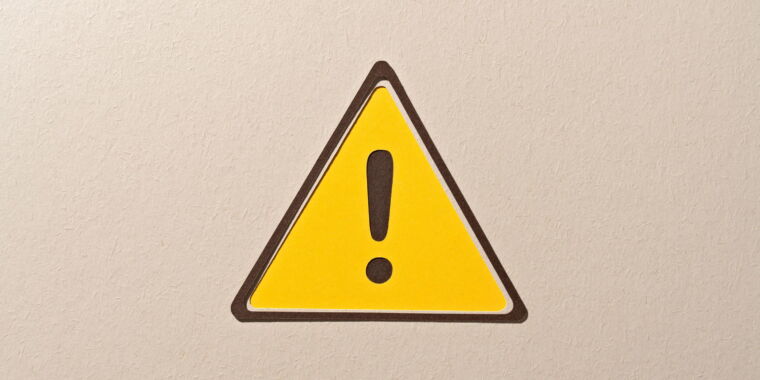- cross-posted to:
- technology@beehaw.org
- cross-posted to:
- technology@beehaw.org
Looks like it’s already flipped to true in Librewolf, glad they seem to have some common sense compared to mozilla.
Is there any good reason for a browser to mask the real URLs like that? There seems to be a trend of hiding parts of the URL people see lately.
Yes, because the internet is not restricted to English letters.
Just imagine you had to visit アップル instead of apple.com! And most importantly, would you trust yourself to see the difference that and say プッアル consistently without seeing the real reference?
Just to be clear, I hate it when the browsers hides part of the url too. Show me the https god damn! But internationalization is a good thing, as it makes the internet accessible to more people.
People who use those characters benefit from it. I imagine 點看 is more useful than xn–c1yn36f to a Chinese person. That’s also why Google displays them that way.
It would be nice if browsers warned when International Domain Names were in use, and provided the option to disable punycode when first encountered.
This is the big thing that should be happening, even just a little icon in the bar when it’s happening to switch between the two representations.
To have other languages able to be displayed in the title… e.g. https://wiki.ポケモン.com/wiki/メインページ
You may have gotten me to switch browsers
Does anyone using Mullvad Browser know why this setting is not enabled by default? I just checked. If it is important for security it should be.
deleted by creator
In Firefox Nightly you can iirc
Oh so that’s what punycode means, I always wondered what it meant
Wouldn’t you also be able to hover the link and check the URL in the bottom left?
deleted by creator
Can’t imagine why ublock is so popular
Another reason to stick to your distro repositories. This should totally be disabled by default for modern browsers.
The program doesn’t even need to change much. Just be keepass with a backdoor. Yikes.
Say it louder for the people at the back: adblock is a basic cybersecurity measurs
This is the best summary I could come up with:
Google has been caught hosting a malicious ad so convincing that there’s a decent chance it has managed to trick some of the more security-savvy users who encountered it.
Combining the ad on Google with a website with an almost identical URL creates a near perfect storm of deception.
“Users are first deceived via the Google ad that looks entirely legitimate and then again via a lookalike domain,” Jérôme Segura, head of threat intelligence at security provider Malwarebytes, wrote in a post Wednesday that revealed the scam.
The ads were paid for by an outfit called Digital Eagle, which the transparency page says is an advertiser whose identity has been verified by Google.
When in doubt, people can open a new browser tab and manually type the URL, but that’s not always feasible when they’re long.
Another option is to inspect the TLS certificate to make sure it belongs to the site displayed in the address bar.
The original article contains 422 words, the summary contains 157 words. Saved 63%. I’m a bot and I’m open source!










